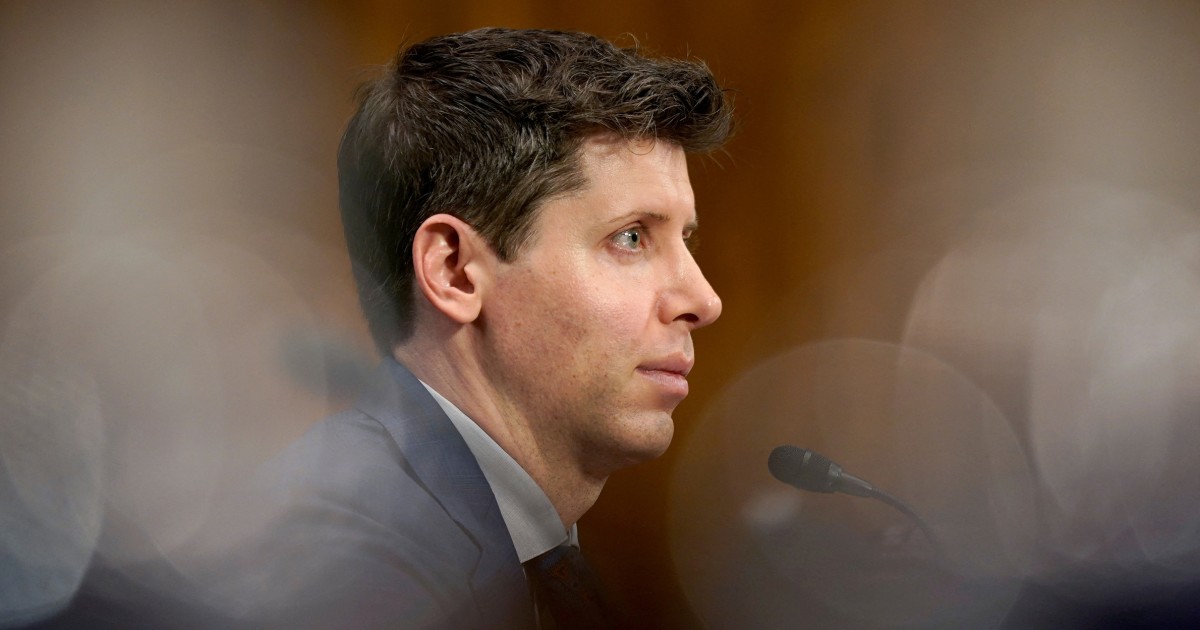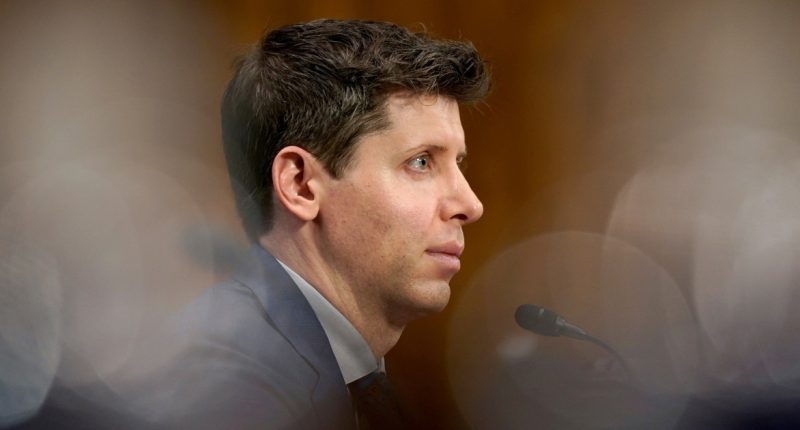
Sam Altman is back as the chief executive of OpenAI.
OpenAI, the hot tech startup behind ChatGPT, said late Tuesday that Altman and the board of the nonprofit group that oversees the company came to an agreement in principle for Altman to return as CEO with a new board to replace the one that ousted him Friday.
Altman’s return should quell what was an all-out revolt by OpenAI employees against his removal and mark the beginning of the end of one of the most-watched corporate sagas in tech history.
The saga began Friday when the board of the nonprofit that oversees OpenAI said it removed Altman as CEO and “concluded that he was not consistently candid in his communications with the board, hindering its ability to exercise its responsibilities.”
Over the next week, OpenAI turned into some combination of “Succession” and “Silicon Valley.” The company appointed two different interim CEOs, Altman appeared to have joined Microsoft, only for that announcement to be walked back, deadlines for negotiations about Altman’s return reportedly came and went, and employees threatened to resign en masse.
OpenAI said in a post on X that its board would be constituted with three initial members: former Salesforce co-CEO Bret Taylor, former White House adviser and Harvard University president Larry Summers and Adam D’Angelo, the CEO of the website Quora and a former early Facebook employee.
“We are collaborating to figure out the details. Thank you so much for your patience through this,” the company said on X in an unsigned post.
D’Angelo already was a member of the OpenAI board but other previous board members will not remain. The outgoing members include technology entrepreneur Tasha McCauley, OpenAI chief scientist Ilya Sutskever and Georgetown Center for Security and Emerging Technology’s Helen Toner.
Altman said in a separate statement posted to X that he was happy to return as CEO.
“i love openai, and everything i’ve done over the past few days has been in service of keeping this team and its mission together,” he wrote, eschewing traditional punctuation.
Altman added that, with the new board in place, he was “looking forward to returning” and “building on our strong partnership” with Microsoft.
But the future of the company and its peculiar governance structure remain in some doubt.
OpenAI was started as a nonprofit organization that later added a for-profit subsidiary that was still overseen by the nonprofit’s board. That structure meant the board members of the nonprofit group had ultimate say with no further oversight from other interested parties, such as shareholders.
Source: | This article originally belongs to Nbcnews.com









